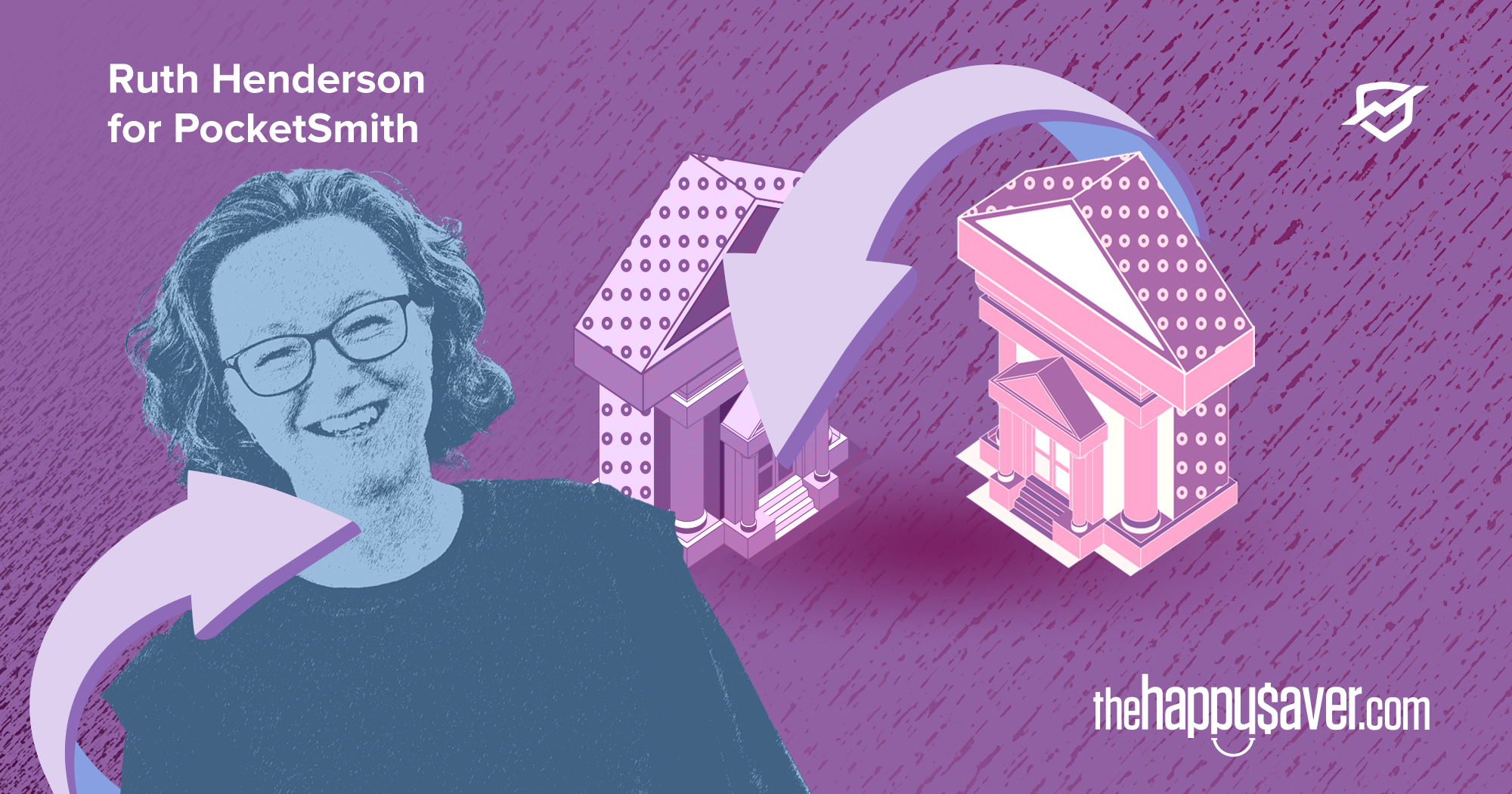
Many business relationships have their day and come to an end. It’s a first-world problem, but I recently broke up with my coffee supplier when the delicious blend I paid a premium for them to courier to my country town began being stocked at my local store. I still wanted what they were selling; I found a better way to get it that suited my wallet and lifestyle.
Other dust-ups and bust-ups I’ve had over the years have been with various banks. I never cried once. A quick count-up revealed that I’ve used seven different banks.
I’ve never changed banks just for fun; I do it if my situation has changed and they no longer serve my banking needs. I’m gone once the need to leave outweighs the need to stay.
There are many and varied reasons why my bank and I split up and why I ended what they thought was probably a pretty good relationship:
When I was young, it never occurred to me to change banks, mainly because I got my first bank account while still at school, and it was with the same bank as my parents, who had been with them forever. A colleague of mine joined his bank for the same reasons as me, and I overheard him complaining about their service one day. After listening to his gripe, I told him he should change banks; there were better options. He replied that he was ‘loyal’ to his bank, always had been, and always would be, even though he was losing money and feeling frustrated by their service.
You may wonder if there are advantages to sticking with the same bank for a long time. Will it get you better products and services? My colleague thought this was the case. I’d say, “Probably not”. Your bank is a business, and you are how they generate wealth for their shareholders. They will want to maintain the relationship for as long as it is in their best interest. You should take the same approach and not hesitate to change if the relationship no longer suits your best interests.
Banking commercials play on emotion. Lots of happy people collecting keys to their new home, having just taken on a mortgage. Or boarding a plane having saved for a goal or put it on a credit card. But when you remove the emotion, it’s important to remember that your relationship with your bank is purely business.
I’ve got a friend who has never changed banks because there has never been a reason to change. Her bank is helping her reach her financial goals. That’s fantastic to hear. I was pleased for her and agreed that she should stay put. But if you are having repeated issues with your bank, they don’t sell what you need, or their services are just not fit for purpose, staying with that bank will frustrate you over the long term, and you should look at other options.
If staying with your bank means you will be worse off, and another bank offers options that could grow your wealth, you should consider changing. I’ll always speak with my bank first to see if they can solve my problem, but if they can’t, then off I go bank shopping.
An example was when we had a large sum of money with our bank and were drawing out large monthly amounts to pay for the new home we had built. The bank we were using would not pay any interest if we moved money from the account during a calendar month, which we had to do to pay our builder. I asked if there was a different account we could use to pay our builder still but also earn interest on the remaining balance. The answer was no.
I immediately searched online and questioned my friends about which bank they used. I made some bank account comparisons and very quickly found one that would pay monthly interest despite us making withdrawals. I immediately opened a new bank account with them and started to earn interest. We were financially better off having done so. Because I like simplicity in my banking, I moved all of our money to this new bank.

Each of us has different banking needs. If you are considering changing banks, write a list of what your specific needs are. For example:
It’s also important to consider the bank’s ratings. These ratings reflect the bank’s financial health and reliability, which can give you peace of mind knowing your money is in safe hands. Research and compare the ratings of potential banks to ensure you’re choosing a secure and reputable institution.
I created a list of my needs and then searched each bank’s offerings. I made a chart to list each bank, and compared their products. Whoever fulfilled my list the most got my business.
A big part of banking is their service when something goes wrong. It often makes all the difference. This is where the experiences of friends and family are helpful. Ask them which bank they use and why. You must ask ‘why’ because they might need different things from their bank. You may have a mortgage or credit card debt, and they might not, for example. Ask about the service they received when something went wrong. Ask if they would recommend their bank to you.
I’m a proponent of having a simple banking structure, which, I have to say, makes it relatively easy to change banks. I simply set up the same structure with a new bank, ceased using my old bank, and ran the two side by side for three months as I moved all transactions to my new bank. I linked these new accounts with PocketSmith and captured and categorized all those transactions. I close all my old bank accounts and unlink them from PocketSmith once I’m happy that no transaction has been forgotten.
As a student, I needed just one or two bank accounts. My bank then gave me access to borrowing money using an overdraft and a credit card. Later, I created multiple savings accounts and then took on the big one, a mortgage. Now that the mortgage is gone, I only need a debit card, everyday banking, and short-term savings accounts.
Check in with the accounts and services you use a few times a year, and tweak and change as necessary. Let go of things you no longer use, and take advantage of new services and products that will benefit you.
Each time I’ve changed banks, I’ve tried to take advantage of myself financially and reduce friction around using my money. In my ideal world, I don’t have to ask my banker anything, but I can instead utilize their products and services unaided to create my perfect systems.
The takeaway is that your bank is a business whose goal is to make money from you. Your goal is different; you are trying to improve your financial situation with each passing year. Your goals are not necessarily aligned, but you and your bank have a symbiotic relationship. Sometimes, they make money out of you, such as when you have a mortgage and pay interest, and other times, you make money out of them, such as when you have savings and earn interest.
You still both need each other, but it pays to pay attention. As your financial situation changes throughout your life, just make sure that the bank you use keeps pace with your goals.
Ruth blogs at thehappysaver.com all about how she and her family handle money. What’s the secret? Spend less than you earn, invest the difference, avoid debt and budget each dollar that flows through your hands. She firmly believes that if you can just get the basics right, life becomes easier from there on in.